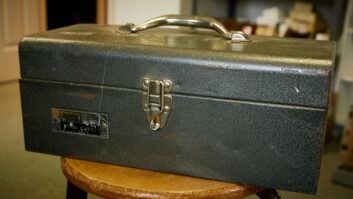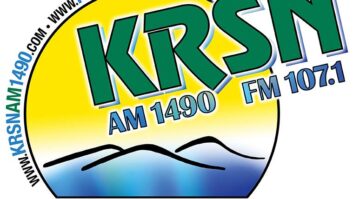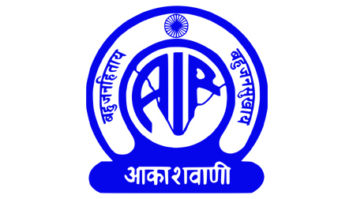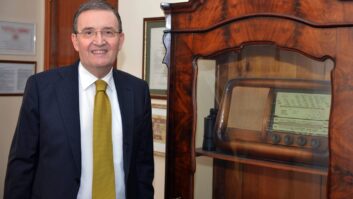The MADness of the Digimedia Patent Claim
Jul 1, 2012 1:00 AM, By Lee Petro
For the radio industry, the recent actions by Mission Abstract Data has led to intense anger, and the fear of the assured destruction of the financial health of many licensees. Those who avoided receiving a letter regarding the patent claims should count themselves lucky.
The company called Mission Abstract Data (MAD) began contacting radio stations last year, claiming that radio stations were using technology for which MAD held a patent. The company offered to enter into a license agreement with stations for the use of the technology. The underlying technology was the storage of “at least several hundred different selections of music” that was stored in a single database and played over a radio station, and the ability to bridge different databases for use by the station.
Of course, this came as a shock to many radio stations, since in most cases, they had not created the computerized databases, but had purchased equipment from vendors. Most broadcasters had not considered possible patent claims and began looking very closely at their vendor agreements and insurance policies.
At the same time, MAD filed a patent infringement suit against six large broadcast companies, Beasley, CBS, Cumulus, Cox, Greater Media and Entercom. The parties exchanged complaints, and counter-claims, and then, immediately before a scheduling conference between the parties, a third-party vendor, Broadcast Electronics, filed a request with the Patent Office seeking reexamination of the underlying patents in question, which led to a stay in the court proceedings while the Patent Office conducted its review.
The Patent Office sought information from the parties, and issued its decisions in April and May 2012. While this author is not a patent attorney, and this article is not intended to serve as legal advice, it does appear that some of the claims that could affect broadcasters were upheld by the Patent Office.
At least that is what the new owner of the patents, Digimedia Holdings Group believes, as it began sending new letters, trumpeting the Patent Office’s actions and telling broadcasters that the failure to negotiate in good faith “is not a realistic option at this point.” The letters claim that Digimedia’s patents are now stronger, and include offers to license the patents at rates set out in eight tiers based on the size of the station’s market.
On June 6, 2012, Digimedia requested that the District Court lift the stay imposed last year, reasoning that since the Patent Office as now issued the results of its reexamination, the infringement proceeding may proceed. However, as noted by Digimedia, Broadcast Electronics has filed a request for a second reexamination of at least one of the patents, so it is possible that the stay will remain in place in the near term.
In light of the uncertainty regarding the pending infringement suit before the District Court of Delaware, and the chance that the Patent Office will undertake additional study on the underlying validity of the patents, what should a broadcaster do at this point?
As noted before, this article is not intended to provide legal advice, but some of the possible considerations for broadcasters are:
1. Does the purchase agreement with the equipment vendor have an indemnity clause that protects the station from subsequent claims regarding the vendor’s right to use the technology?
2. Does the station have insurance that would protect it from patent infringement suits? If so, does the station have to notify the insurance company when it receives the letter, or should it wait until it is actually sued for infringement?
3. If the requested license is relatively inexpensive, is it better to just pay Digimedia rather than have the potential for a future (and possibly expensive) lawsuit?
There are any number of other considerations and factors for broadcasters to take into account when dealing with this matter. However, broadcasters should take steps to make themselves aware of the case, so that they are not caught off guard if they are contacted.
Update
In the June FCC Update article, it was noted that the new ASR rules would become effective when they were published in the Federal Register. The notice was published, and the new rules became effective on June 18, 2012.

Dateline
July 10: Stations place their Quarterly Issues/Programs List in their public files, covering the period from April 1, 2012, through June 30, 2012.
Aug. 1: Stations in Illinois and Wisconsin file the License Renewal applications and EEO Reports, and commence running License Renewal Post-Filing Announcements, continuing on Aug. 16, Sept. 1 and 16. Noncommercial radio stations in Illinois and Wisconsin file their Biennial Ownership Report (FCC 323-E). Stations in Iowa and Missouri commence running License Renewal Pre-Filing Announcements, continuing on Aug. 16, Sept. 1, and 16.
Petro is of counsel at Drinker Biddle & Reath, LLP. Email: [email protected].
July 2012
AVB for radio, a tour of WZIP-FM, update on translator rules, and Field Reports on the Inovonics David IV and Audio-Technica AT2005USB…
New Tower Rules Mean New Procedures
In December 2011, the Commission issued an order relating to the registration process for the construction of communication towers. The new rules affect both the construction of new towers, and modifications to existing towers under certain circumstances….












